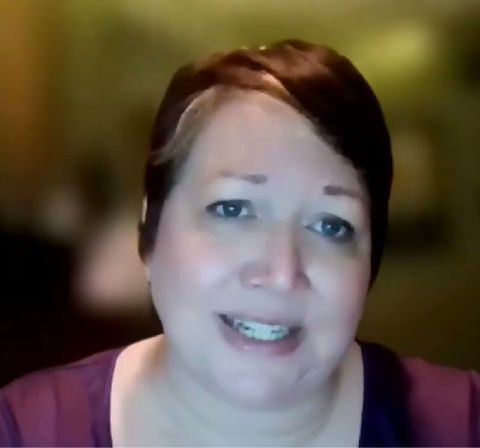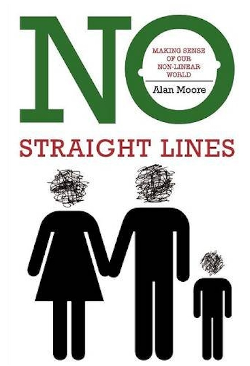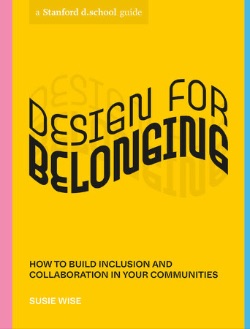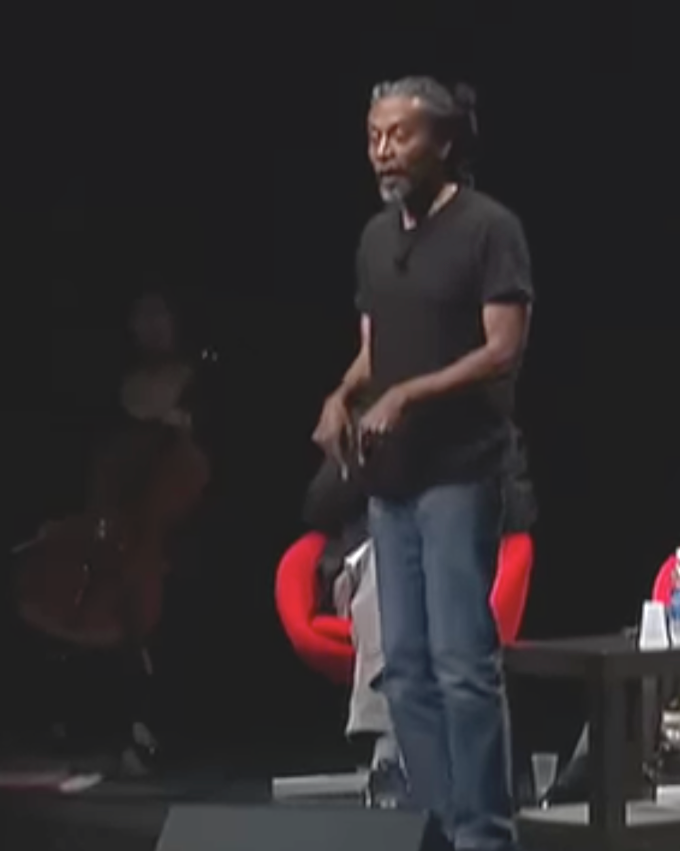November 21, 2025
Learning
"Hope is dedication to life."

Rev. Indira Grace Huerta writes that "the blatant racism, xenophobia, religious persecution, environmental assaults and political and governmental disregard for life—all life, including the accused, the poor, the marginalized, the elderly, as well as nature and our planet—have taken their toll on my heart and mind." She reports that this feeling of hopelessness became so palpable that she was almost paralyzed by it.
So she went searching for the meaning of "hope." She found that hope is not passive—it is a vow, a fierce commitment to life and making the possible a reality through one’s actions. She found that by committing to create what one wants to see in the world, instead of focusing on what is missing, one can shift from despair to engagement and fulfillment.
"I’m writing because once I discovered that the true meaning of hope is a vow and a commitment to life itself, everything changed for me. It changed because I realized that hope was the quiet force driving me out of bed to do the work that is mine to do; because I understood that committing to life means creating the things I want to exist in this world."
"I want yes’s to the things that nourish our hearts and souls, and no’s to those that drain the life from us. I want restitution for those we’ve wronged. And I want there to be peach pies and sourdough bread, homemade jams and jellies, and real justice—not punishment born from the fact that we don’t know what else to do."
"By understanding hope and committing to life, committing to creating life every day, I’m no longer seeing what’s missing; I’m seeing what’s already here through my presence and my focus."
ESSAY: Hope is a Verb




